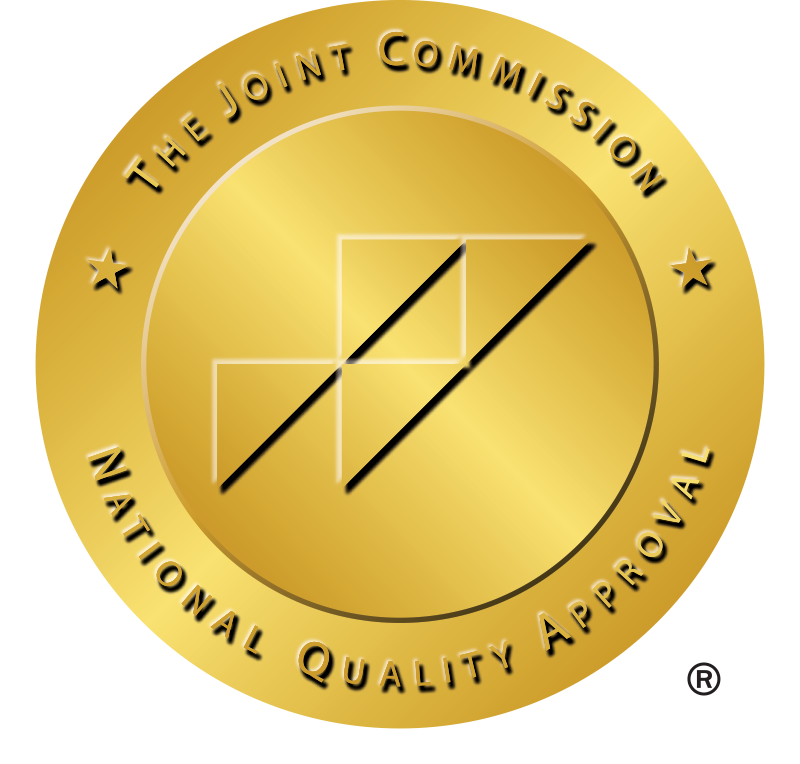Alcohol is one of the most subtle addictions. It so often associated with pleasure and a festive lifestyle; the risks associated with alcoholism are minimized. Alcoholism is both cunning and baffling. It will try to convince us we are not sick, although we’re suffering horribly. Once the effects of an alcohol bender wear off, we also minimize the after-effects.
Most alcoholics fail to appreciate the risks associated with every hangover. The fact is, alcohol withdrawal can be life threatening. Sure, you can try to detox yourself, but why? Here the risks associated with alcohol withdrawal, and why you should enter an alcohol detox center to ensure it’s done safely.
Risk Factors of Alcohol Detox
Alcoholism is a disease that continually tries to fool us. In light of the cunning and baffling nature of the disease, it would seem logical that we would assume home detox is a safe, comfortable solution. It is not. Here are some factors to consider that will help you appreciate how risky self-detox from alcohol is.
Physical Alcohol Withdrawal Symptoms
- Delirium Tremens – This is the age-old symptom of alcohol withdrawal we see in the movies. However, it is as real as the disease of alcoholism itself. Your body can react violently when it is deprived of alcohol. Delirium tremens is more intense for heavy drinkers, but it can also put a moderate drinker at risk.
- Severe Headaches – Part of a hangover is a headache. However, there comes a point when these become excruciating. A severe headache during alcohol withdrawal could be the sign of a more serious problem. The only way to be safe is to have medical professionals on hand to monitor your detox.
- Nausea and Vomiting – This is another telltale sign of alcohol withdrawal. Normal drinkers don’t experience violent nausea after consuming alcohol. The alcoholic who has lost the ability to control their drinking will.
Nausea and vomiting can dehydrate your body to dangerous levels. This is another physical reason you should not attempt to detox yourself. During intense alcohol withdrawal, nausea and vomiting can send you into violent and deadly seizures.
Psychological Alcohol Withdrawal Symptoms
Many of the physical withdrawal symptoms associated with alcohol can trigger psychological problems. Delirium tremens often produce hallucinations, plus headaches and nausea affect our mental capacity to think clearly. Here are some dangerous psychological symptoms inherent to alcohol withdrawal.
- Depression and Anxiety – These mental health issues can be an underlying cause of alcoholism itself. However, they are magnified by alcohol withdrawal. Depression and anxiety can become so overwhelming for an alcoholic; suicide can become a dangerously viable option.
- Insomnia – Alcohol withdrawal can make it extremely difficult to sleep. The lack of sleep will compound both physical and psychological withdrawal symptoms.
- Hallucinations – Another frequently mentioned part of alcohol withdrawal is hallucinations. These can be as dangerous as severe depression and anxiety. While they will subside, supervised detox is the only safe way to manage this serious withdrawal risk.
What a Detox Center Will Provide
Medically supervised detox can dramatically ease many of the dangerous symptoms associated with alcohol withdrawal. Medical professionals can administer prescriptions that can help relieve much of the depression and anxiety.
Nausea and headaches can be all-but removed or reduced to little more than a minimal inconvenience. Your vital signs will be constantly monitored to insure your safety. Maybe one of the biggest benefits of a detox center is the ears of the professionals.
When things do become challenging during your detox period, you will be able to talk to a kind and caring person. You will never be alone. Someone will be available 24-hours a day. During your detox period, knowledgeable counselors will also be available to begin building a foundation for recovery.
You may have to experience some uncomfortable moments during detox. However, you only have to experience them once. You never have to go through this agony again, if you choose not to.
Now that you understand the risk factors inherent to alcohol detox, why would you ever put yourself in harm’s way by trying to do it yourself? Detox centers are staffed with medical professionals who will make you more comfortable and possibly save your life.
If there is even the slightest indication you may have an alcohol abuse problem, seek help now. By asking for help, you are not weak. You are displaying self-awareness and true courage. When you make that call, you’ll find compassion, understanding and knowledge waiting. Ask for help today, your tomorrows may depend on it. For more information about our services, you can call us at 833-338-6946.





